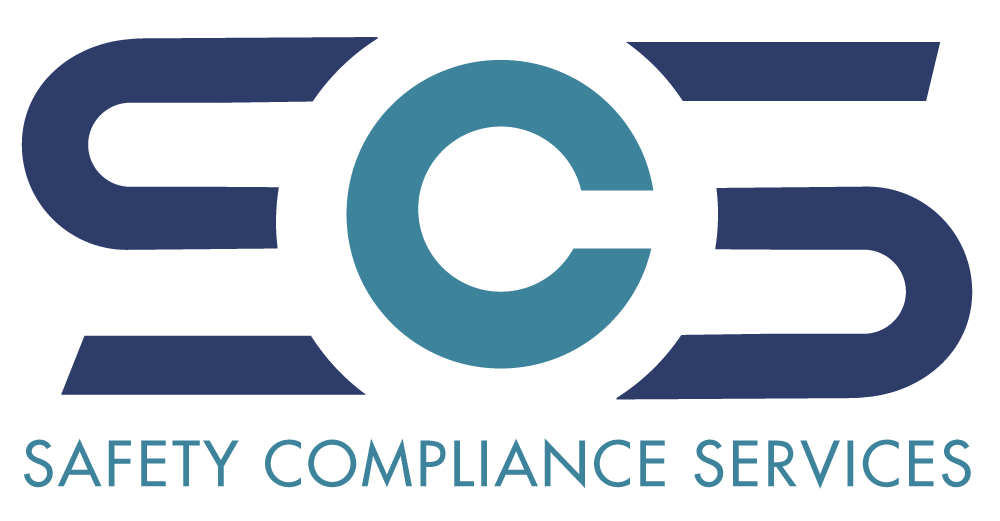Here’s the skinny:
With strikes causing disruptions in Hollywood, SAG-AFTRA has introduced a game-changing solution – the Interim Agreements Program. This innovative approach has allowed independent productions with no direct ties to the Alliance of Motion Picture and Television Producers (AMPTP) to continue filming, ultimately ensuring that the show goes on.
Bridging the Gap:
With the strikes in full swing, it became clear that there needed to be a way for independent productions to carry on despite the industry-wide disruptions. SAG-AFTRA stepped up to the plate by launching the Interim Agreements Program, creating a lifeline for filmmakers operating independently from AMPTP-affiliated companies. Under these agreements, producers must align with the terms negotiated by SAG-AFTRA in its discussions with the AMPTP, effectively ensuring fair working conditions for actors and crew members.
Controversy and Star Power:
While the Interim Agreements Program has been a lifeline for many independent productions, it hasn’t been without its fair share of controversy. Some prominent figures within Hollywood, including stars like Sarah Silverman and Viola Davis, have publicly questioned whether it’s appropriate for SAG-AFTRA members to work under these circumstances. The debate centers on the balance between supporting independent filmmaking and respecting the collective bargaining power of the union. Nevertheless, more than 200 interim agreements have been approved, with A-list stars such as Anne Hathaway, Kevin Costner, Mel Gibson, Glenn Close, and Dakota Fanning finding ways to keep their projects alive amidst the strikes.
Uniting for a Common Goal:
In a significant development, SAG-AFTRA recently shifted its stance. The guild announced that it would not grant interim agreements to productions already covered by the Writers Guild of America (WGA) contract. This decision underscores the importance of solidarity and coordination among different industry guilds. By aligning their strategies, unions like SAG-AFTRA and WGA aim to strengthen their collective bargaining power and ensure that their members’ interests are protected in the ever-evolving landscape of the entertainment industry.
Some of the issues on the table are:
- Compensation and residuals for the reuse or syndication of content.
- Access to quality healthcare and other benefits like pensions.
- The hours and working conditions on set and safe working environments.
- Increasing diversity and representation in the industry in hiring and casting practices.
- Streaming and new media platforms and being compensated for content produced for these platforms.
- Intellectual property and credit related to ownership and attribution.
- COVID-19 safety protocols on set.
- Job Security and the impact of industry changes, including automation and AI.
